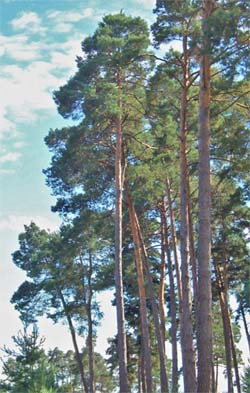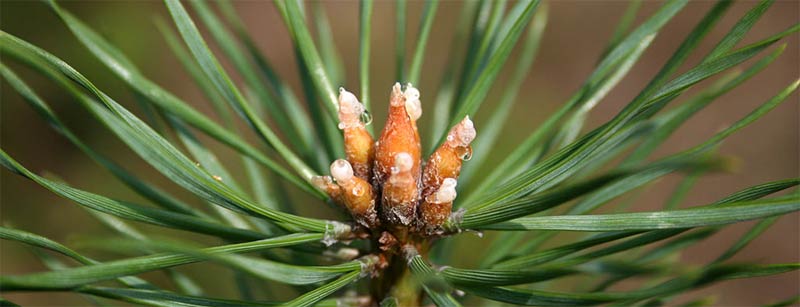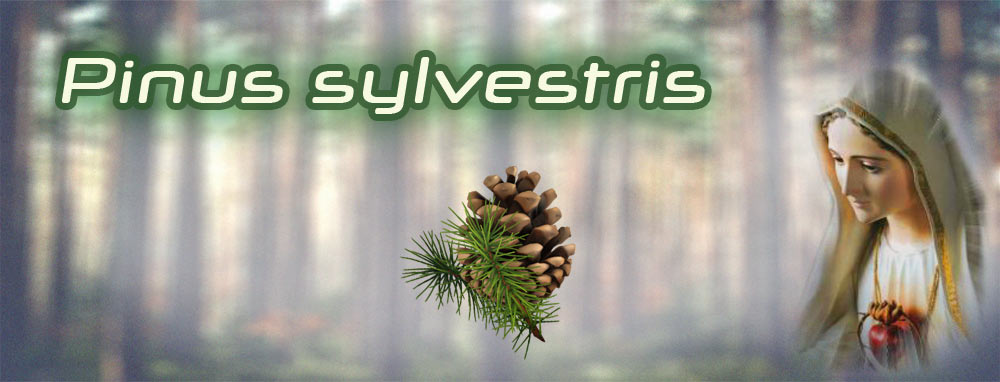The beggining of this new year brings a new revelation to Luz de María indicating a new plant to treat coming epidemics. In this article we review the details.
The revelation to Luz de María says:
And Luz de María adds:
“PINUS: Christ mentioned that Pinus is the tree known as Scot’s pine, Pinus rubra, in almost every part of the world exists this pine. It belongs to the family of the Pinaceae, Pinus sylvestris. Three tablespoons of dried pine leaves are boiled in a liter of water, a cup is taken twice a day. Do not use in very young children or pregnant women.
The scientific name is Pinus sylvestris, from the pinaceae family.”
Scot’s Pine photos:


Properties
Scot’s Pine (Pinus rubra)
Scientific name: Pinus Sylvestris
Family: Pinaceae
Uses
It has antiseptic action and beneficial effect upon the respiratory system. The leaves and young shoots are antiseptic, diuretic and expectorant. It possess anti-inflammatory, antioxidant, and antimicrobial properties that can help with:
Reducing inflammation. Scots pine has been traditionally used for treating inflammatory processes of the upper and lower respiratory tract, as well as for the relief of rheumatic and neuralgic pain.
Treating infections. The antimicrobial properties of scots pine have been long used for eliminating fungus and bacteria, as well as for the treatment of common infections, such as cold and influenza.
Infusions or syrups are used for treating inflammatory processes of the respiratory tract and as diuretic and antiseptic for urinary tract infections.
Dosing
Pine leaves are harvested and dried for later use.
Prepare an herbal infusion in doses not greater than twice a day. Three tablespoons of dried pine leaves are boiled in a liter of water, take a cup twice a day.
Contraindications
There are not known side effects due to scots pine use: however, it may cause an allergic reaction in sensitive people, mainly skin irritation when applied topically.
Observations
Do not use essential oils internally unless under professional supervision.
The wood, sawdust and resins from various species of pine can cause dermatitis in sensitive people.
The use of scots pine in any form is not recommended for very young children or pregnant women.
The articles regarding Foods & Health and Medicinal Plants have already been updated to add this new plant.
Images: Header: (Pixabay.com with modifications); Tree: Image by Bruno Navez (CC BY SA 3.0); Leaves: Image by Pleple2000 for wikipedia (CC BY SA 3.0).





I thought pine needle essential oil diluted in a carrier oil may possibly be used. (It is pinus sylvestris.) I am still looking for Scott’s pine for tea, I don’t think the oil should be ingested even if diluted.
Thank you for being there Luz de Maria. Please pray for my family and me.